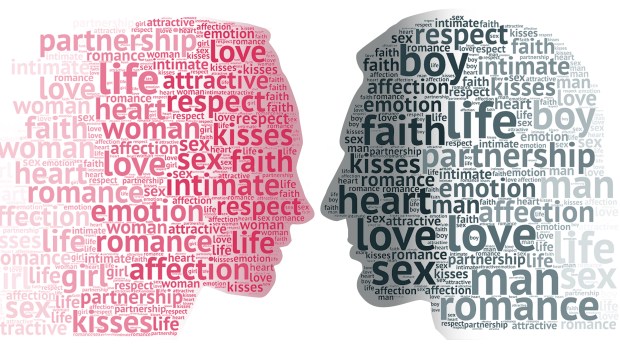Lenten Campaign 2025
This content is free of charge, as are all our articles.
Support us with a donation that is tax-deductible and enable us to continue to reach millions of readers.
Men and women experience an unprecedented level of social and political equality, but when it comes to relationships, it seems their brains still operate in different terms. An analysis of the last four years’ worth of essays on Modern Love submitted to the New York Times showed that men and women employ different words when speaking about love.
When speaking about family, men were likely to use words for masculine family roles, e.g. “father” and “son,” and women were likely to use words for feminine roles, e.g. “mother” and “daughter.” This may seem obvious at first, but what is intriguing is that the writers in question were not referring to themselves but nonetheless were still inclined to focus on the words associated with their own gender. Research shows that parents typically bond more closely with their same-sex children and focus more attention on them.
The analysis also showed that men were more likely to use action words, e.g. “strike” and “punch,” where women were more likely to use feeling words, e.g. “furious” and “agony.” It’s noteworthy that there was no significant difference in which emotions were mentioned by men and women; men just mentioned them with less frequency.
Men and women might enjoy new equalities, but there’s no shame in admitting to the differences between the sexes. The two sexes will likely always speak different languages about love, but these differences ought to complement each other, rather than being in competition.

Read more:
The Google manifesto is both right and wrong… here’s why

